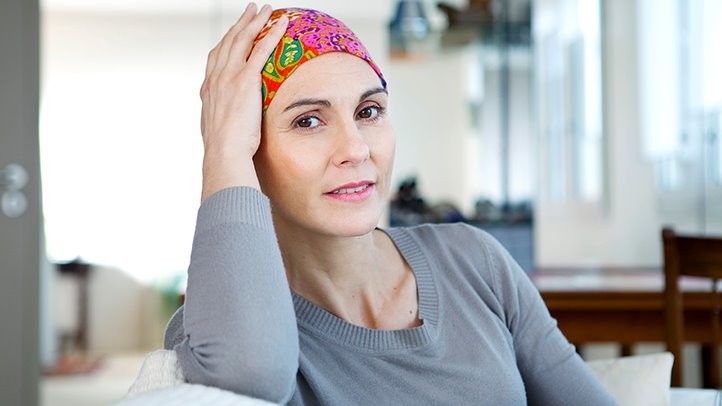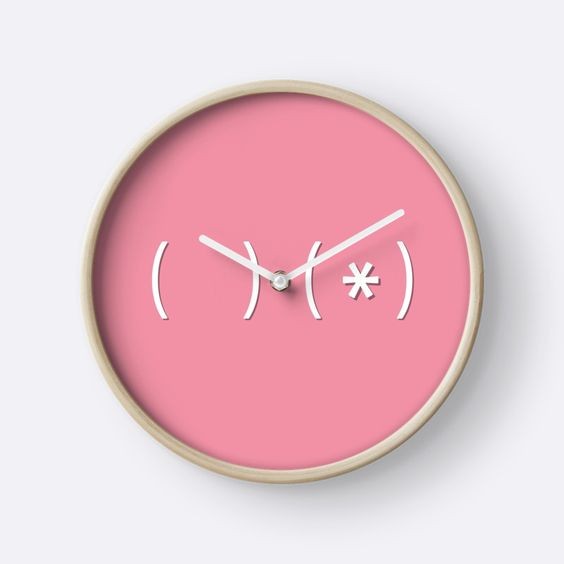Dealing with hair loss
Dealing with hair loss
Dealing
with hair loss
When you start the chemical therapy, and start to lose your
hair, you want to end up this phase of the treatment.
If you completely lost your hair, you choose either to cover it or to leave it as it is. Most women prefer to cover it with a wig, veil, or a hat to feel rest.
Hair loss and your kids.
Since they can move, children like to feel their mother's
hair. It's part of the warmth and care process, especially during feeding time.
When they grow up, young girls often like to play hairdresser with their
mother, and boys often get kicked by their mother's horse. So naturally, hair
loss is a problem for some children. Most kids think the mother has hair
sickness because they don't know what breast cancer is.
Try to prepare your children for your hair to fall out
before it happens, and assure them it will grow back. Let them help you pick a
wig or a veil.
Some kids might be scared of your bald head. The more positive you and your partner are about that, the better. But if they're still uncomfortable with your lack of hair, you can choose to keep it covered when they're around.
Hair loss and your partner.
Hair is sexy - no doubt about it. Losing your hair may make
you feel less attractive and tempting. Of course, the intimacy that you have
with your partner, or that you can have with a new partner, does not
necessarily depend on appearance. Appearance is a secondary factor in the
larger scale of what attracts people to each other.
You and your partner should agree with other changes in your
body, including loss of part or part of your breast. You may be able to apply
some of the same coping skills to dealing with falling hair or no hair.








